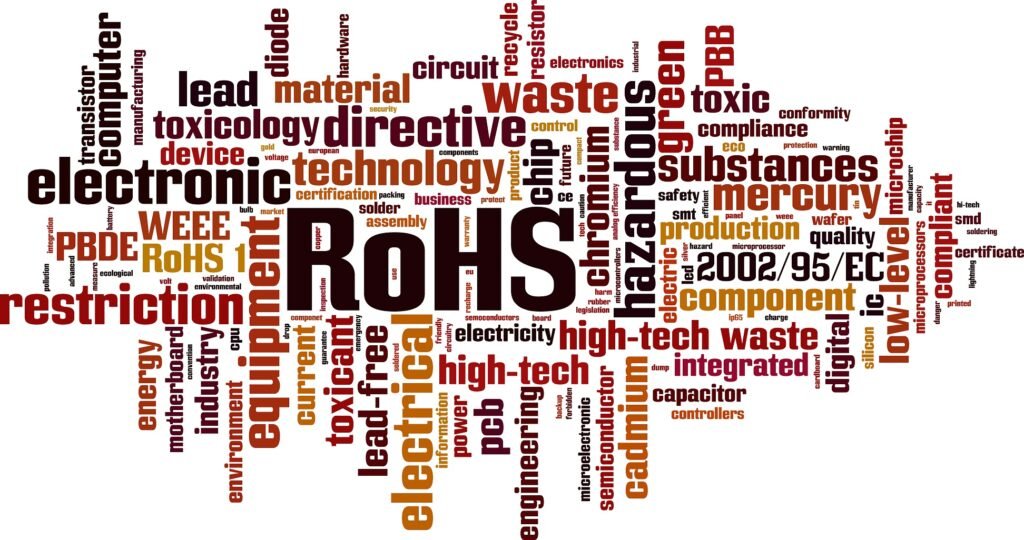On July 30, 2024, the Bureau of Standards, Metrology and Inspection (BSMI), Ministry of Economic Affairs issued a draft of the “Regulation on inspection of stationary lithium battery storage appliances requiring inspection” and started soliciting comments. According to the explanation of the Bureau of Standards, the regulation was issued to regulate the stationary lithium battery storage appliances that have become popular with the increasing use of renewable energy. This kind of stationary lithium battery storage appliances may pose a threat to the public safety due to the difficulty in putting out a fire when a thermal runaway occurs, so it was added to the list of items subject to mandatory inspection.
Since the Article 5 of CNS 15665 (Taiwan RoHS) is included in the inspection standards to be complied with, once the regulation is issued, the stationary lithium battery storage appliances will be added to the list of items subject to the Taiwan’s RoHS regulation.
Inspection standards and inspection methods
The inspection standards and inspection methods for stationary lithium battery storage appliances are as follows.
| Items | Inspection standards | Inspection methods | CCC code |
|---|---|---|---|
| Stationary Lithium Battery Storage Appliances (The inspection is limited to products that the battery capacity is below 20kWh, with two-way power transmission between the device and the grid, or with a solar photovoltaic module input) |
|
Type approved batch inspection (TABI) or registration of product certification (RPC) (type test + complete quality management system type orManufacture process quality management system typeor factory inspection type) |
8504.40.92.00.6B
8504.40.93.00.5B 8507.60.00.90.0E 8507.80.90.19.5E |
Scheduled effective date
The regulation is scheduled to take effect on July 1, 2025. Inspections for the above regulated product imported or manufactured in Taiwan will be implemented after July 1, 2025.
Requirements of Taiwan RoHS
- Products subject to CNS 15663 Article 5 “Marking of presence” (Taiwan RoHS) shall follow the requirements of Article 5 and mark the presence of restricted substances (lead, mercury, cadmium, hexavalent chromium, PBB, PBDE) on the product itself, packaging, label, or instruction manual.
- If the information on the presence of restricted substances is provided through a website, the URL should be displayed on the product itself, packaging, label, or instruction manual.
The original text of the above-mentioned draft can be downloaded from the following URL (in Traditional Chinese).
https://www.bsmi.gov.tw/wSite/public/Attachment/f1722819399829.pdf
 Taiwan BSMI to add the stationary lithium battery storage appliances to the list of items subject to RoHS
Taiwan BSMI to add the stationary lithium battery storage appliances to the list of items subject to RoHS 

























